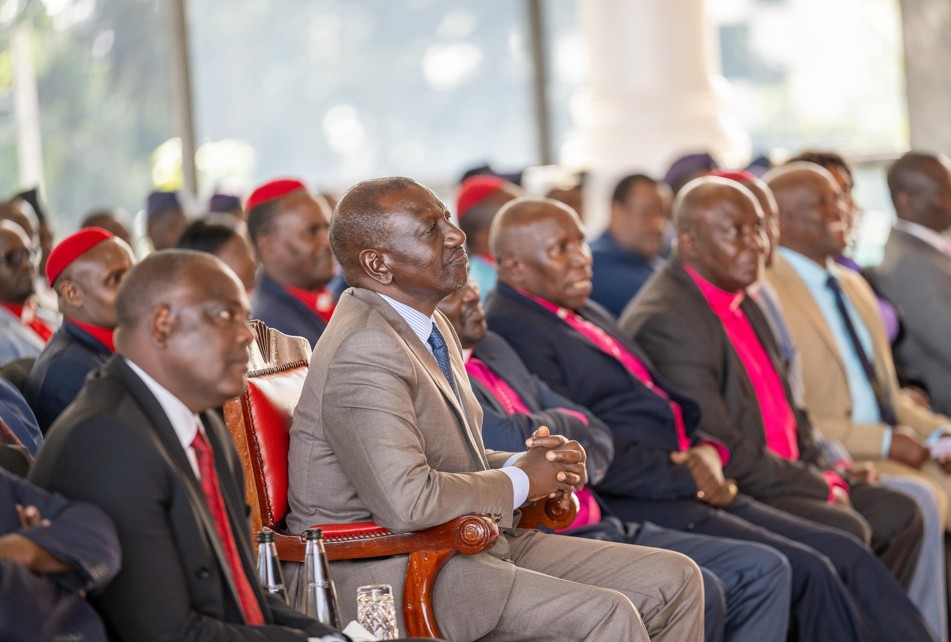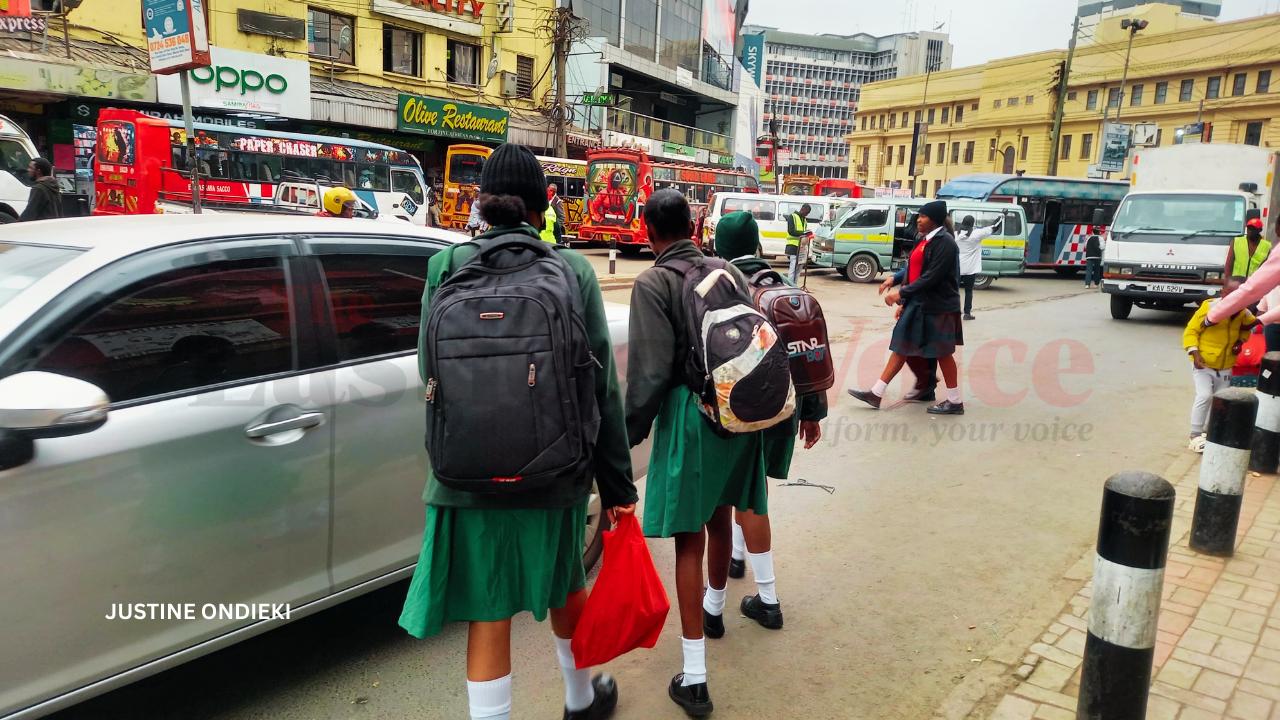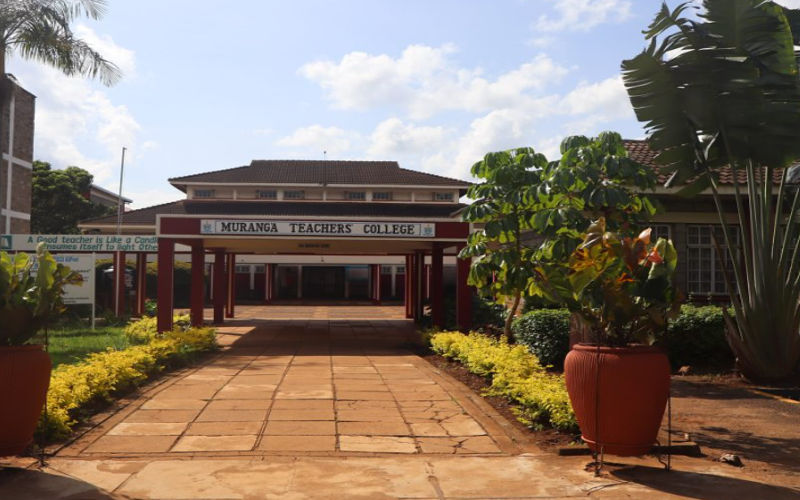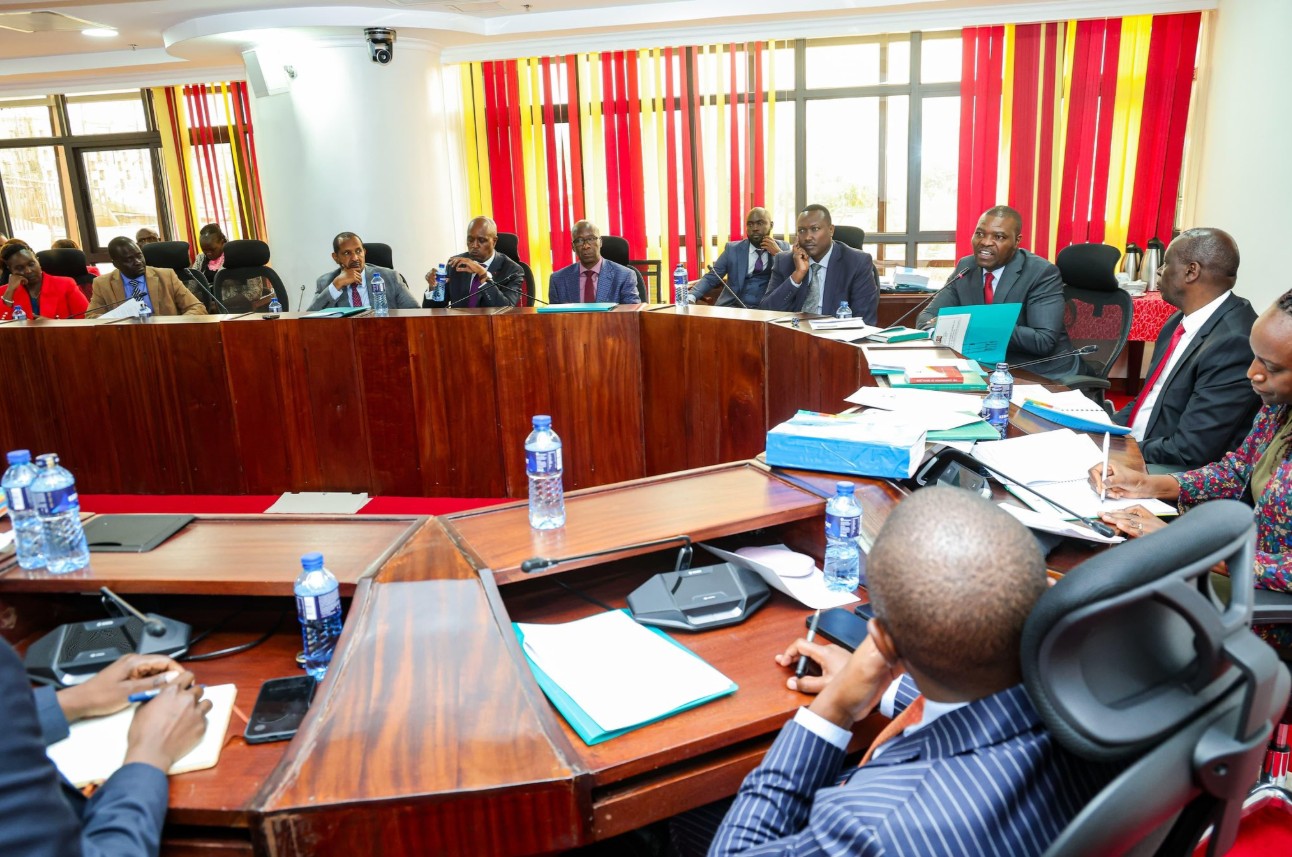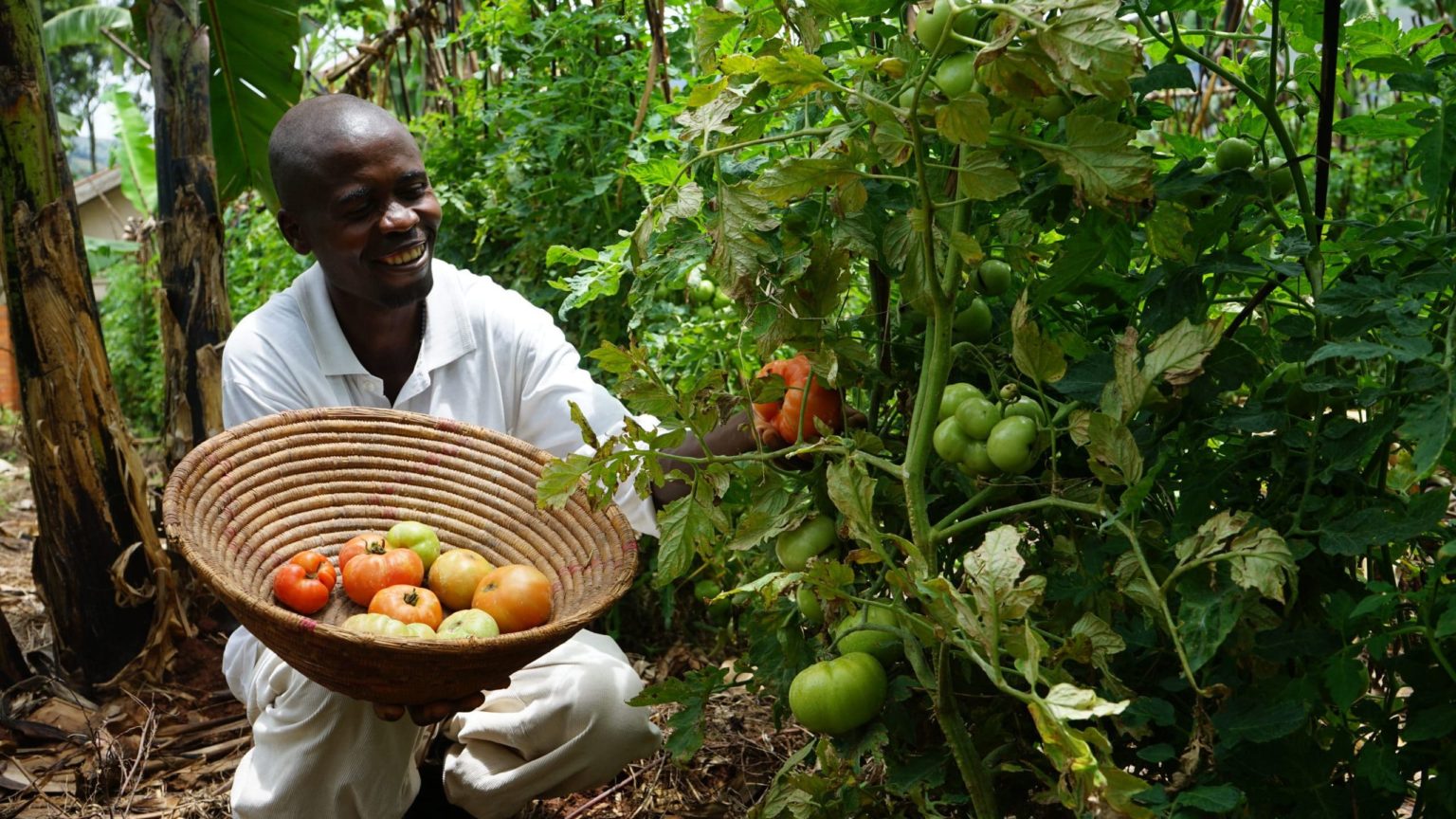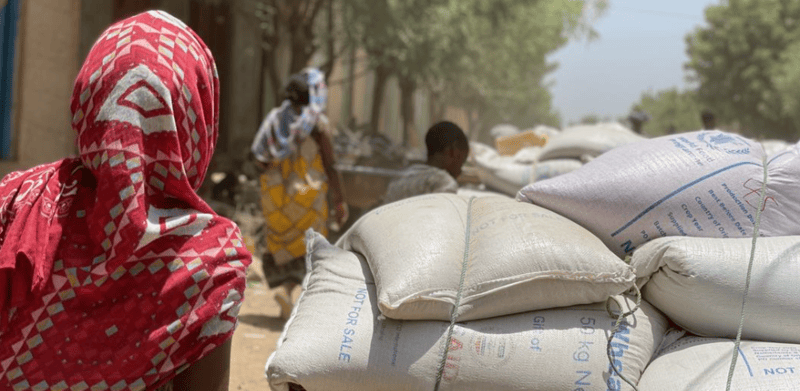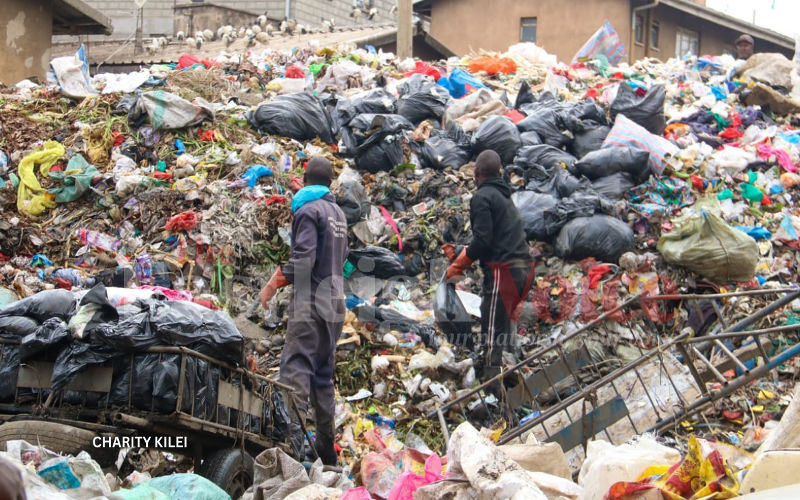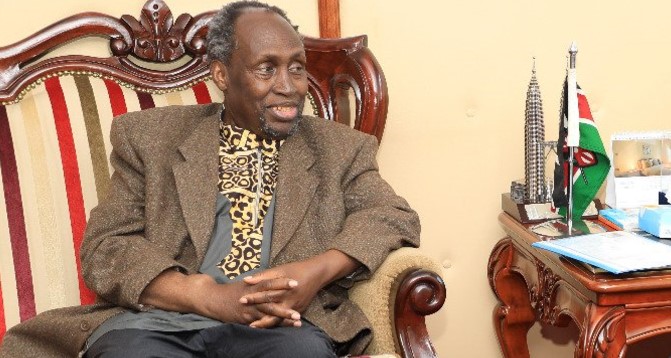Cleric's bold street outreach sparks youth revival in Mombasa as crime surges
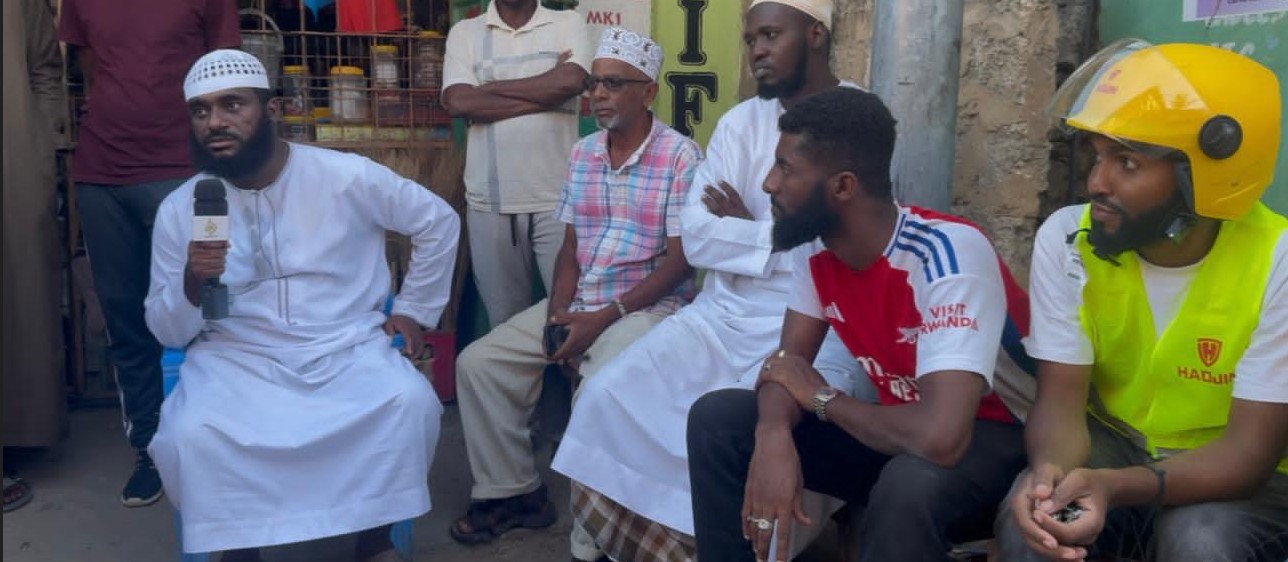
Abdulrahman is currently leading a team of five young men in Nyali working on a waste collection and recycling project, one of several community-based initiatives launched under the programme.
A Mombasa-based cleric has launched a bold initiative to tackle rising youth crime by engaging directly with idle young people in local hangouts, offering hope and practical solutions through a transformative programme known as Kijana Badilika.
The initiative, spearheaded by Sheikh Mohammed Obo, was born during the holy month of Ramadhan under the umbrella of the Al-Yateem Project.
More To Read
- Mombasa water project sparks outrage in Mwembe Tayari over job promises, disruptions
- Joho orders probe into alleged dumping of dredged waste in Old Town's fishing grounds
- Two Burundian nationals charged over Sh12 million ivory haul in Mombasa
- KURA to close part of Nyali’s Links Road for six months starting August 1
- From fish to forests: Women in Kenya’s Coast restore mangroves to combat climate change
- Four bodies found in Mombasa, sparking probe into their 'sudden deaths'
It seeks to redirect vulnerable youth from the lures of crime, drug abuse and hopelessness through community-driven activities, entrepreneurship training and access to financial support.
“We are taking the message to the grassroots. Youth are often labelled as troublemakers, but we want to listen and understand their frustrations. We want to know what is pushing them into crime,” said Sheikh Obo, who also chairs the Association of Imams and Madrassa Teachers in Mombasa.
Armed with religious conviction and a deep understanding of the streets, the cleric and his team make regular visits to informal social hubs known as maskani, where youth gather, to foster dialogue, build trust and identify ways to uplift them.
Amina Suleiman, 22, from Kisauni, admits she was once on the edge of despair, surrounded by friends who had turned to drugs to numb the pain of joblessness.
“Before this programme, my days were filled with idling and frustration. I had dropped out of college due to financial constraints. Now, I have joined a tailoring group. We are being trained, and soon, we will have our own workshop,” she said.
For 25-year-old Abdulrahman Kassim, the programme has restored lost dignity.
“Many of us felt invisible. We applied for county jobs that never came. But when Sheikh Obo visited our base, he gave us something different, a voice and belief in our abilities,” he said.
Community-based initiatives
Abdulrahman is currently leading a team of five young men in Nyali working on a waste collection and recycling project, one of several community-based initiatives launched under the programme.
Zainab Kombo, a university graduate from Tudor, highlighted the importance of inclusivity.
“Youth interventions are often politicised or limited to those with connections. This one is different. We were told to submit our business ideas, and as we await loans now, I am preparing for my first order next week,” she said.
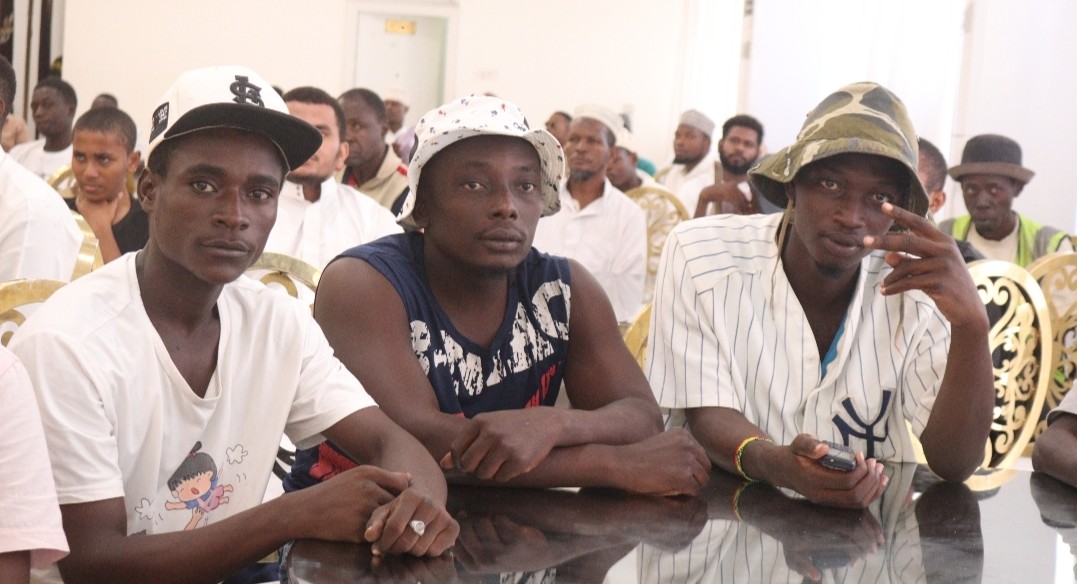 Some of the youths who are being assisted to change through the transformative Kijana Badilika programme. (Photo: Farhiya Hussein)
Some of the youths who are being assisted to change through the transformative Kijana Badilika programme. (Photo: Farhiya Hussein)
Sheikh Obo’s approach has garnered partnerships, including with Al-Haajar TV, an Islamic media station that helps amplify youth stories of change.
Station manager Mohamed Hateeb revealed that some groups are already accessing small loans to start businesses.
“The youth are not lazy. They just need a nudge in the right direction and fair access to opportunities. This project trains them, equips them with business skills, and links them to funding,” Hateeb noted.
At a recent maskani gathering in Majengo, Salim Baraka, 28, openly shared how crime had once been his only means of survival.
“I didn’t see any other way. But now, I am a mentor to other boys in my hood. We are planning to start a car wash with the help of the cleric,” he said.
Aisha Juma, 19, dropped out of school after her parents separated. She stumbled upon the initiative during a visit by Sheikh Obo’s team.
Humans, not statistics
“They spoke to us like humans, not statistics. My dream is to join a digital skills programme in order to start a business offering branding services to local shops,” she said.
Chief Kadhi Sheikh Abdulhalim Athman lauded the initiative as a model of faith in action.
“Religion gives the youth a central role in building society. Yet, many are lost due to neglect and poor mentorship. What Sheikh Obo is doing is exactly what religious leaders should do, going beyond the pulpit to transform lives,” he said.
Island Assistant County Commissioner Robinson Gakuru echoed the need for collaboration between the government and faith-based organisations.
“We have digital training, migrant job schemes, and start-up loans, but uptake is low because of mistrust or lack of awareness. Initiatives like Kijana Badilika can bridge this gap,” he said.
Gakuru affirmed that Mombasa’s fight against youth-related crime must be anchored in prevention, not just punishment.
“These are the solutions we need: community-driven, grassroots-led, and values-based,” he said.
When The Eastleigh Voice visited the maskanis, some of the young people were sketching business plans while others were drafting proposals for group projects.
It was not just another idle evening; it was a sign that change, however modest, was taking root in the heart of Mombasa.
Top Stories Today
Reader Comments
Trending


